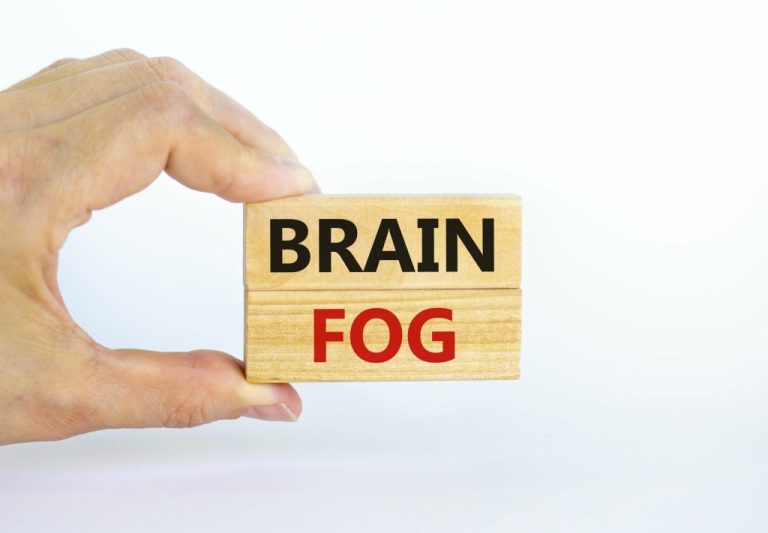Content
If a person tries to quit drinking on their own during end-stage alcoholism, they may experience severe symptoms of withdrawal, including tremors and hallucinations. One of the most severe consequences of alcohol withdrawal is called delirium tremens ("the DTs"), which if left untreated, can be fatal. You'll want to find a rehab center that has medically-supervised detox capabilities so that you can comfortably and safely detox from alcohol. There are inpatient and outpatient options, but an addiction specialist should determine the best level of care for you based on your individual needs. People suffering from this stage are often unable to hold down a job. Their behavior is erratic, and their waking hours are filled with thoughts of alcohol if not actually drinking.
- End-stage alcoholism is also known as the final stage of alcoholism.
- If alcohol is being consumed in large quantities or has adverse effects on a person’s life, they may be experiencing an alcohol use disorder.
- Instead, the person continues to use the substance and rationalizes their use even though it is resulting in a number of negative ramifications.
They may only feel well when they maintain a consistent level of alcohol in their bloodstream. Late-stage, or end-stage alcoholism, is a full-blown addiction to alcohol, often with damaging physical and mental health effects. Alcohol detox and treatment are nearly always necessary at this stage. In the early phases of alcohol abuse, a person may experiment with different types of drinking and use alcohol in various forms. This could include binge drinking, social drinking, and trying new kinds of alcohol. Because this stage of drinking is unproblematic, individuals are unable to tell that they have an issue with alcohol.
End Stage of Alcoholism
If so, you might be at risk of falling into the second of the stages of alcoholism. Drinking as a response to stress or strong emotions is a red flag behavior. When you drink in a relaxed state, the alcohol triggers your dopamine receptors more powerfully than when you’re stressed out. When you turn to a drink after a lousy day, it won’t have that calming effect you’re looking for. You’ll naturally want to drink more as a way to seek those feel-good hormones, and it can be hard to stop. The addictive properties of alcohol and the way drinking to cope impacts the body in times of stress is not an experience limited to humans.
The way alcohol interacts with the body and mind is complex. It mimics certain chemicals, GABA and glutamate, that the brain naturally produces and are required for proper functioning. The former causes people to relax while the latter is excitatory and makes them more active. Drinking too much can weaken your immune system, making your body a much easier target for disease.
Getting Help For Alcoholism
This can mean drinking more frequently, as well as drinking larger quantities of alcohol. Binge drinking, which involves having multiple drinks within a small window, is a common initial sign of a drinking problem. Once an individual begins to drink more frequently, they have entered the second stage of alcoholism. During this 5 stages of alcoholism stage, drinkers are typically still drinking solely in social settings. However, they need to consume more alcohol in order to produce the same effect they experienced in the beginning. Additionally, this stage of alcoholism is when an individual will begin to identify a sense of emotional relief as an effect of alcohol.

She has personally experienced the pitfalls of addiction and is delighted to bring her knowledge and writing skills together to support our mission. Jessica lives in St. Petersburg, FL with her husband and two dogs. No matter what stage of addiction you or a loved one may be in, addiction treatment is available to help you overcome alcoholism. Medical detoxification and outpatient rehabilitation or intensive outpatient programs may be necessary to help the individual overcome their physical alcohol dependence. The person’s use becomes more frequent and risky, and they may begin to experience negative consequences such as health problems and job losses.
